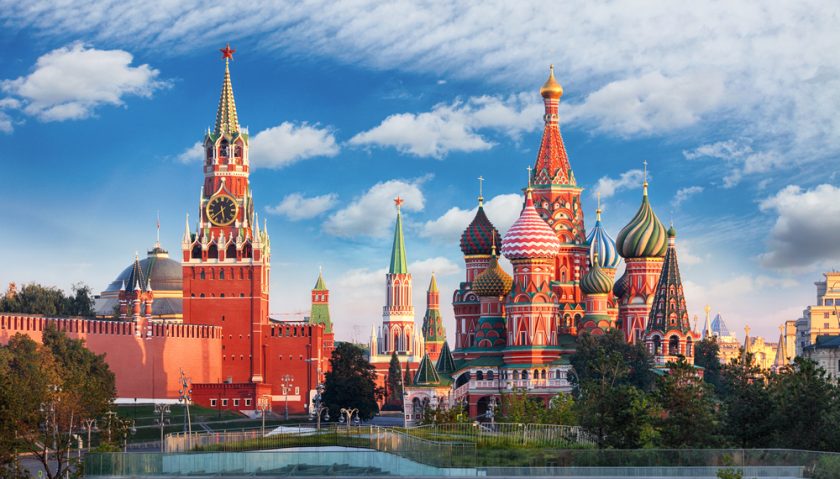Russia’s Ministry of Transport has developed a draft government decree that amends the federal rules for the use of Russian airspace, according to a Izvestia report. The proposals aim to simplify regulations to enable development of the drone industry.
According to Izvestia, the Ministry proposes to allow unmanned aerial vehicles (UAVs) to fly over populated areas, but only at altitudes up to 150 m height, in direct line of sight from an external pilot and in special drone flight zones. The Ministry of Transport will establish these areas in cooperation with local governments and councils in Moscow, St. Petersburg and Sevastopol.
If the flights are carried out on drones weighing up to 30 kg and within line of sight, it will no longer be necessary to request authorisation to fly. Currently, within the boundaries of municipalities, both the submission of a flight plan and the approval of local authorities are required, which is very difficult to obtain, according to the head of the Association of Small Aviation Enterprises Dmitry Kulikov.
If the flight needs to be carried out outside the established zone for drones or at altitudes above 150 m, then the drone must be provided with constant two-way radio communication with the air navigation authority (State ATM Corporation). If the technical capabilities of the UAV do not allow establishing such a connection, the safety of flights of other aircraft is ensured by establishing a prohibition or restriction on the use of airspace.
The new rules also propose automatic authorisation of flights used in agriculture using digital flight plan submissions via the Internet or using the telephone network to simplify current procedures, with planned introduction from March 2024, says Izvestia.
Dmitry Ogorodov, the author of the “DroneLaw — Law and Drones” project, emphasized that municipalities, with the exception of Moscow, St. Petersburg and a few others, are unlikely to take the initiative in this part, since there is no one there now to deal with “air”. According to the federal law basic for municipalities, they simply do not have the authority to regulate air traffic. Giving them new powers should be accompanied by the provision of appropriate funding, an expert noted. The developers of the document also did not explain how to link the issuance of flight permits with the tasks of everyday municipal government.
(Image: Shutterstock)
For more information visit:




